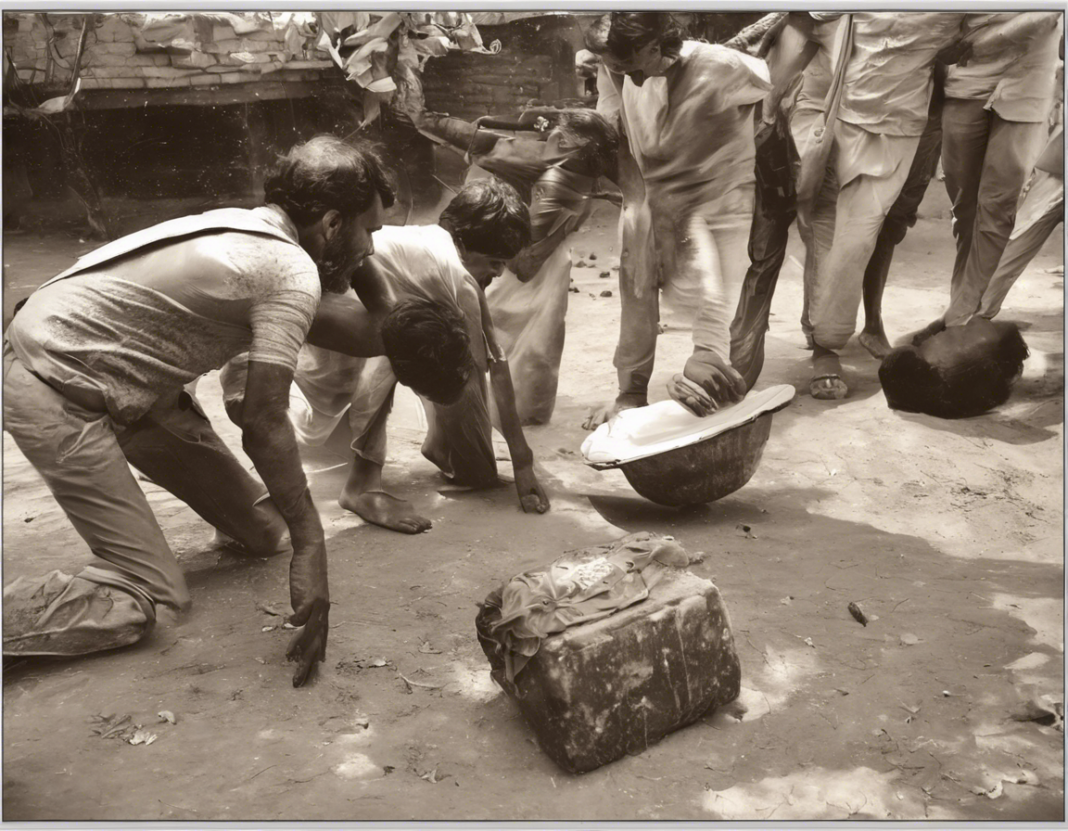Janmashtami Purnima falls on the full moon day in the Hindu month of Shravan, which usually corresponds to the months of August or September in the Gregorian calendar. In 2021, Janmashtami Purnima is on August 22nd.
Significance of Janmashtami Purnima:
Janmashtami is a significant festival for Hindus that celebrates the birth of Lord Krishna, an avatar of Lord Vishnu. The day is observed with fasting, bhajans (devotional songs), prayers, and various other festivities. On Purnima (full moon day), devotees come together to worship and pay homage to Lord Krishna.
Rituals and Celebrations:
-
Fasting: Devotees observe a day-long fast that is broken at midnight, the time when Lord Krishna was believed to be born.
-
Puja: A special puja is performed with offerings of sweets, fruits, and flowers to Lord Krishna.
-
Parades and Processions: Many cities and towns host grand parades and processions with people dressed as Lord Krishna and other characters from his life.
-
Ras Leela: This is a traditional dance form depicting the life events of Lord Krishna, especially his playful interactions with the gopis (cowherd girls).
-
Dahi Handi: In Maharashtra, the festival is celebrated with the breaking of a pot filled with buttermilk, which is suspended at a height.
Janmashtami Purnima 2021 Date and Time:
- Date: August 22, 2021
- Purnima Tithi Begins: 08:29 PM on August 21, 2021
- Purnima Tithi Ends: 04:19 PM on August 22, 2021
Foods to Prepare on Janmashtami:
-
Panjiri: A sweet dish made with wheat flour, ghee, sugar, and dry fruits.
-
Makhan Misri: Butter and rock sugar are offered as prasad.
-
Kheer: Rice pudding made with milk and sugar.
-
Peda: Sweetened condensed milk fudge.
Janmashtami Purnima and Significance of Purnima:
Purnima, or the full moon day, holds special significance in Hindu culture. It is considered an auspicious day for performing spiritual practices and rituals. The full moon is believed to have a positive effect on the mind and body. Many festivals and fasts are observed on Purnima to harness its beneficial energies.
Frequently Asked Questions (FAQs) about Janmashtami Purnima:
- Q: Can I eat during Janmashtami Purnima fast?
A: Devotees usually observe a strict fast until midnight, where they break it after the birth of Lord Krishna.
- Q: What is the significance of fasting on Janmashtami Purnima?
A: Fasting is believed to cleanse the body and soul and show devotion to Lord Krishna.
- Q: How is Janmashtami Purnima celebrated in different regions of India?
A: Different regions have unique customs, like Dahi Handi in Maharashtra and Ras Leela in Manipur.
- Q: Can non-Hindus participate in Janmashtami Purnima celebrations?
A: Yes, the festival is open to all who wish to participate in the celebrations and learn about Lord Krishna.
- Q: What are some popular bhajans (devotional songs) sung during Janmashtami Purnima?
A: “Hare Krishna Hare Rama,” “Govind Bolo Hari Gopal Bolo,” and “Radhe Radhe Japo Chale Ayenge Bihari.”
- Q: Is there a specific dress code for Janmashtami Purnima celebrations?
A: Many people choose to wear traditional Indian attire, especially outfits in blue and yellow, which are associated with Lord Krishna.
- Q: Can children participate in Janmashtami Purnima rituals and celebrations?
A: Yes, involving children in storytelling, dressing them as Lord Krishna, and engaging them in devotional activities is common.
- Q: Are there specific mantras recited on Janmashtami Purnima?
A: Mantras like the Hare Krishna Maha Mantra and the “Om Namo Bhagavate Vasudevaya” are commonly recited.
- Q: How long is the fasting period on Janmashtami Purnima?
A: Devotees fast from sunrise until midnight when Lord Krishna’s birth is celebrated.
-
Q: Can we visit temples to offer prayers on Janmashtami Purnima?
A: Yes, visiting temples and participating in the special ceremonies and aarti are common practices on Janmashtami Purnima.
Janmashtami Purnima is a joyous occasion that brings people together in devotion and celebration of the beloved deity, Lord Krishna. By partaking in the rituals, prayers, and festivities associated with this auspicious day, devotees seek blessings, spiritual growth, and joy in abundance.




